Electronics and Communications Engineering
Embrace the power of connectivity, where circuits converge and communication flourishes. Welcome to the Electronics and Communication Engineering Department - where ideas spark, and technologies resonate with the pulse of tomorrow
About
|
Year of Establishment |
2010 |
|
Vision: Our vision embraces becoming a leading technical resource for Industries while also prioritizing the well-being of humanity and contributing to societal development in the field of Electronics and Communication technology. Through our commitment to innovative technology education, we aim to foster positive impacts on both individuals and communities |
|
Mission: Integrating Electronic and Communication technologies as enablers for achieving Sustainable Development Goals (SDGs), focusing on key areas such as healthcare, education, and agricultural productivity in rural communities. Fostering Innovation and Entrepreneurship in establishing sustainable and cost-effective technology solutions that cater to the unique challenges faced by rural areas, promoting accessibility and inclusivity in technology adoption. Facilitating research and development projects that address specific challenges faced by rural populations to ensure sustained progress and meaningful transformation in the lives of those in rural communities. Establishing partnerships with governmental bodies and non-profit organizations to garner support and resources for comprehensive community development initiatives in the electronics and communications sector. |
|
Some of the highlights of the Dept of ECE, RGUKT Nuzvid campus, AP:
|
|
ABOUT ALUMNI, ECE, RGUKT NUZVID CAMPUS Currently, the strength of the Department is it’s ALUMNI. The alumni of the ECE, RGUKT Nuzvid is present in Top Semiconductor companies like Intel, Texas Instruments, Analog Devices, Synopsys etc., also our alumni completed their MBA from IIMs and are currently working with top business firms like Goldman sachs, Amazon etc., With the support of strong alumni and faculty from IITs, the Department is working to its fullest potential towards achieving EXCELLENCE in academics. |
|
INTERNATIONAL / NATIONAL ACHIEVEMENTS |
|
|
1 |
Selected among World’s Top-12 teams and participated in the Grand Finale of InnovateFPGA Design contest held in Tianjin, China in the year 2019. The contest is conducted by Intel, Terasic companies. |
|
2 |
Consecutively for the second time, our teams entered to the World's top-12 teams of the Grand Finale of "InnovateFPGA Design contest" conducted by Intel, Terasic companies |
|
3 |
Finalists of the "Swadeshi Microprocessor Challenge" conducted by Ministry of Electronics and Information Technology (MeiTY), IIT Madras |
|
4 |
03 teams selected for Top-40 in “Samsung Solve for Tomorrow Challenge 2022” |
|
5 |
Top-4 Finalists of XR Startup Challenge conducted by Meta at FITT, IIT Delhi |
|
6 |
02 teams got selected for BUILD program, IIT Hyderabad |
|
7 |
04 students got selected for NXP Semiconductors, Women in Technology Program (WIT-2023) |
|
Some of the top recruiting companies |
|||
|
Analog Devices |
Synopsys |
Maxlinear |
Chipspirit |
|
Microchip |
Micron |
IIT Madras 5G Testbed |
Wi-sig networks, IIT Hyderabad |
|
Analinear Technologies |
Efftronics |
GreenPMU semi |
Proxelera |
HOD, Electronics and Communications Engineering
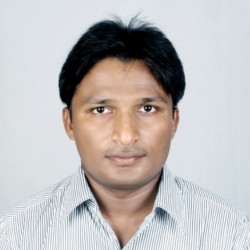
Curricula
The Department of Electronics and Communications Engineering offers: 8 semesters undergraduate course leading to the B.Tech degree in "Electronics and Communications Engineering".
Curriculum for B.Tech
- B.Tech curriculum for 2021 Batch (2023 curricu) batch onwards
- B.Tech curriculum for 2020 batch batch onwards
- B.Tech curriculum for 2019 batch batch onwards
- B.Tech curriculum for 2018 batch batch onwards
- B.Tech curriculum for 2017 batch batch onwards
Syllabus for B.Tech
Labs
The department has following well equipped laboratories which provide practical instruction to undergraduate students and facilities for post-graduate training, research work and consultancy.
- Computational Lab
- Electronic Devices and Circuits Laboratory
- Internet of Things (IoT) Lab
- Analog Electronic Circuits (AEC) Lab
- Digital Logic Design (DLD) Lab
- Digital Signal Processing (DSP) Lab
- Robotics Laboratory
- Communication systems-1 Lab
- Digital Systems Design (DSD) Lab
- Linear Integrated Circuits (LIC) Lab
- Communication systems-2 Lab
- Microprocessors Lab
- Radio Frequency & Microwave Engineering Lab
- Product Design & Innovation Lab
E1 Semester 2
E2 Semester 1
E2 Semester 2
E3 Semester 1
Faculty
RGUKTN has recruited outstanding faculty members from the best educational institutions. Their diverse training experiences, skillsets and expertise makes RGUKTN an institution of learning like no other in India.
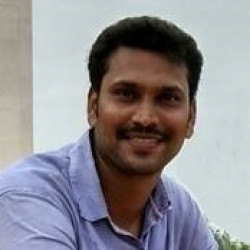
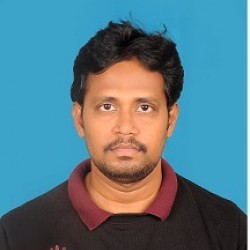
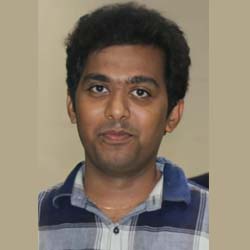

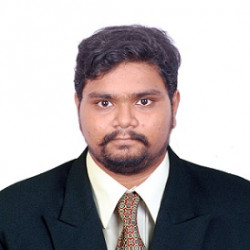

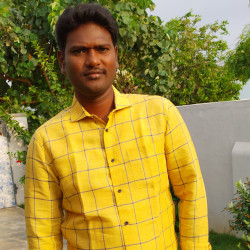
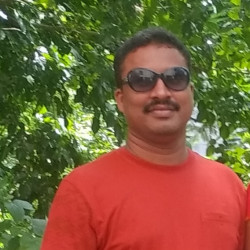
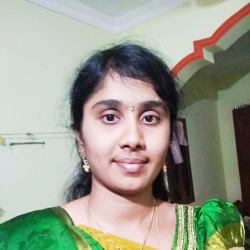
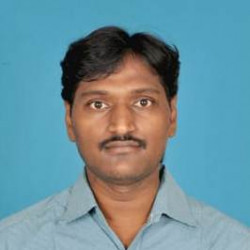
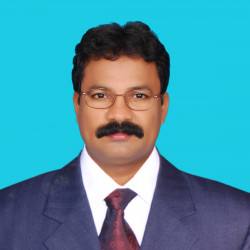
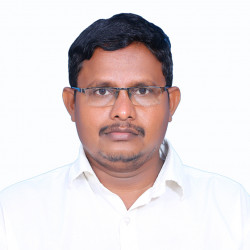
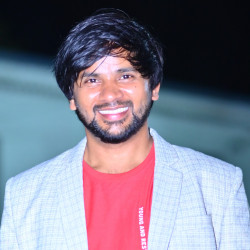
Staff
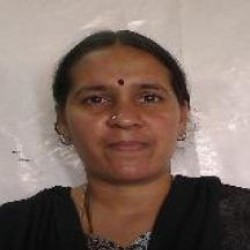
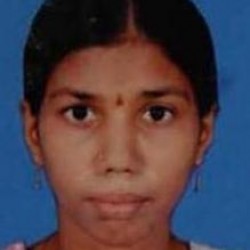
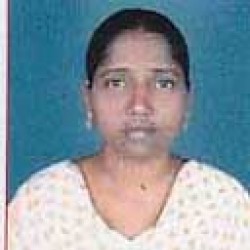
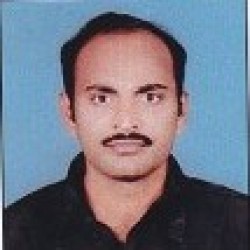
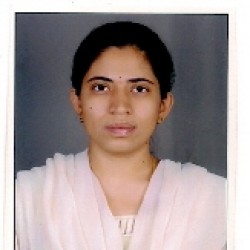
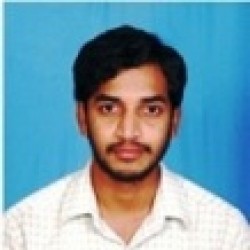
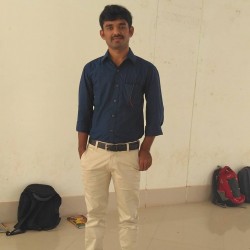
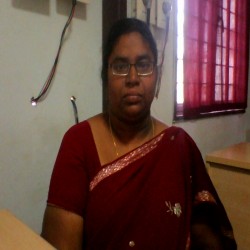
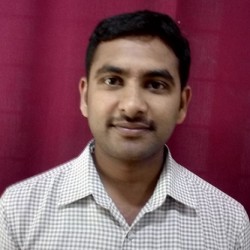

Workshops/ Seminars
Research & Consultancy
| Sl No | Project Title | Name of the Principal Investigator/Co-Investigator | Funding Agency | Status |
|---|---|---|---|---|
| 1 | IOT enabled wearable health devices | Mr.Charles ; Mr.P.Shyam ; Mr.Irfan Ali | RAJIV GANDHI UNIVERSITY OF KNOWLEDGE TECHNOLOGIES, AP | Ongoing |
| 2 | Development of 5G Mobile phone antennas to reduce SAR in the Modelled Human Head | Mr.Vinod Babu ; Mr.Bharat Ganji | RAJIV GANDHI UNIVERSITY OF KNOWLEDGE TECHNOLOGIES, ANDHRA PRADESH | Ongoing |

